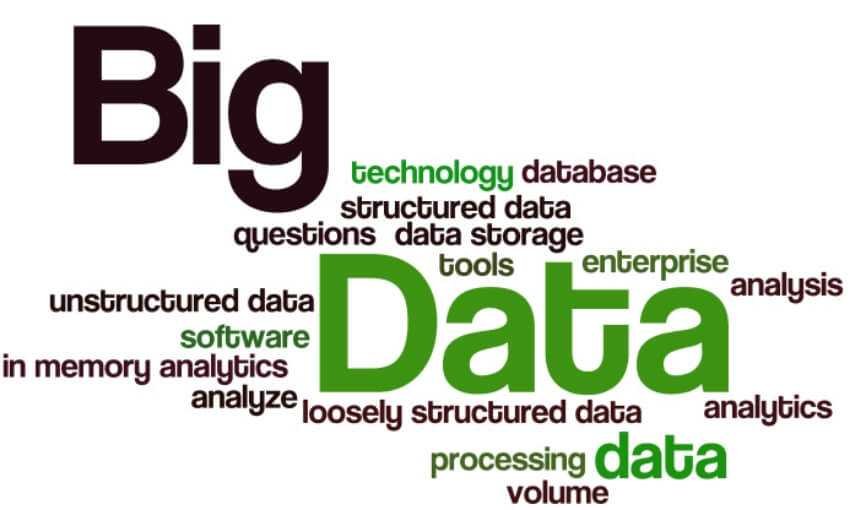Facebook-Cambridge Analytica: In the early years of 2000, Alex Pentland was in charge of the laptop team at the MIT Media Lab. MIT's Media Labs was where the first ideas for Augmented Reality and Fitbit fitness trackers began.
At that time, of course, the devices were enormous, since they needed bags to carry them and cameras on the head of the researchers.
“It was basically a lot of cellphones phones, that we had to stick together," Pentland tells Wired. But the hardware was not the most important part, as much as the ways of interaction between the devices were. 
"We were able to see all the people on earth," says the researcher - where they went, and what they bought.
So, until the mid-decade, when people started subscribing to social networks like Facebook, Pentland and social scientists began looking at network and mobile data to see how viral publications expand, how they connect friends among themselves, and how political alliances are formed.
"We inadvertently invented a particle accelerator to understand human behavior," said David Lazer, a Harvard political scientist.
"It was understood that everything was changing in terms of understanding human behavior." So at the end of 2007, Lazer and Pentland held a conference entitled "Computational Social Science" analyzing what Big Data says.
At the beginning of 2009, participants at this conference published a study-statement of principles in the prestigious journal Science. (PDF)
The publication predicted the Facebook-Cambridge Analytica scandal, which harnessed data on the online behavior of millions of users to understand better the personalities and preferences of those users. The utilization of this knowledge was able to influence the American elections.
"These massive, emerging data about how people interact certainly offer qualitatively new perspectives on understanding collective human behavior," write the researchers.
But all this emerging understanding came with dangers.
"Perhaps the most thorny challenges to the data side are access and privacy," the study said.
"Because a single dramatic privacy breach could create rules and regulations that stifle the emerging field of computer social science, self-regulation of processes, technologies and rules that reduce this risk but maintain research momentum is required. ”
Perhaps even more worrying than Cambridge Analytica has tried to make the results of the election (which many thought was not feasible) is the role of scientists in facilitating moral harm.
Scientists, although initially warned us about Big Data and the upcoming corporate supervision, on the other hand the social sciences saw the opportunity to gain prestige.
“Most of the things we think we know about humanity are based on very little data and therefore not robust science," says Pentland, author of the 2009 study.

Data and computational social science promised to change the event. Data generates science, which not only quantifies but can also calculate what is to come. Other sciences do this for the stars, DNA and electrons. Social sciences can not (or probably could) not do it for people.
Then it became a truly quantum leap.
Observation and prediction lead to the ability to intervene on a system. It is the same progress that results from the understanding of heredity through the observation of DNA sequences.
So Cambridge Analytica was able to use computational social science to influence behavior. Cambridge Analytica stated that it could do so and apparently exscamto get the data.
It was the disaster that the 2009 study authors had warned.





